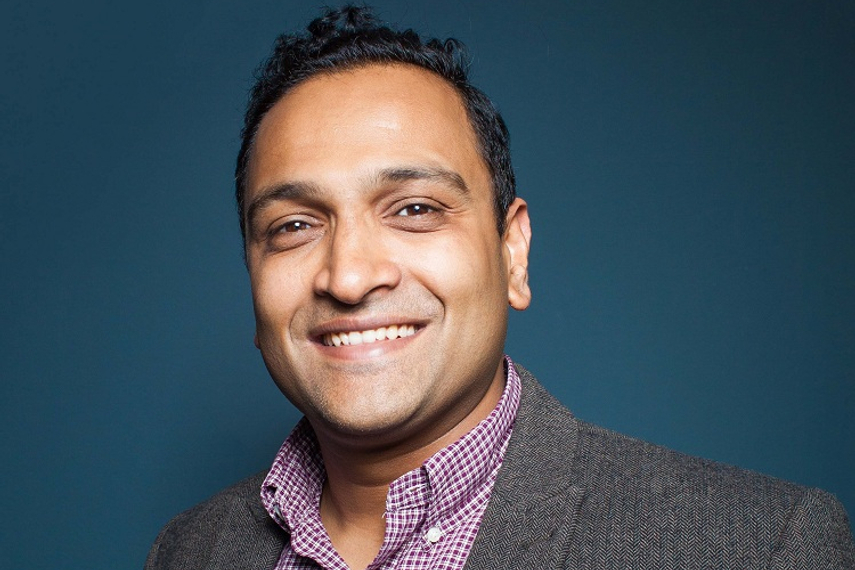
Please sign in or register
Existing users sign in here
Having trouble signing in?
Contact Customer Support at
[email protected]
or call+852 3175 1913
The MD of Wieden+Kennedy Delhi talks about his first year on the job, the importance the agency places on talent, its growth plans, how he fails the 'Tebbit Test' and more.

Contact Customer Support at
[email protected]
or call+852 3175 1913
Top news, insights and analysis every weekday
Sign up for Campaign Bulletins
The grades are in for Campaign Asia's 22nd annual evaluation of APAC agency networks. Subscribe to read our detailed analyses.
After losing marquee clients Amazon and Lego, Initiative faces an uphill battle to rebuild its reputation, leaning on new tools, a "challenger" mindset, and a focus on e-commerce to stay competitive in a rapidly shifting industry.
Bidon has been global chief executive at Nexus since April 2022.
WPP’s chief executive spoke at SWSW and touched on hybrid working, the future of the workforce with AI and whether brands will return to X.